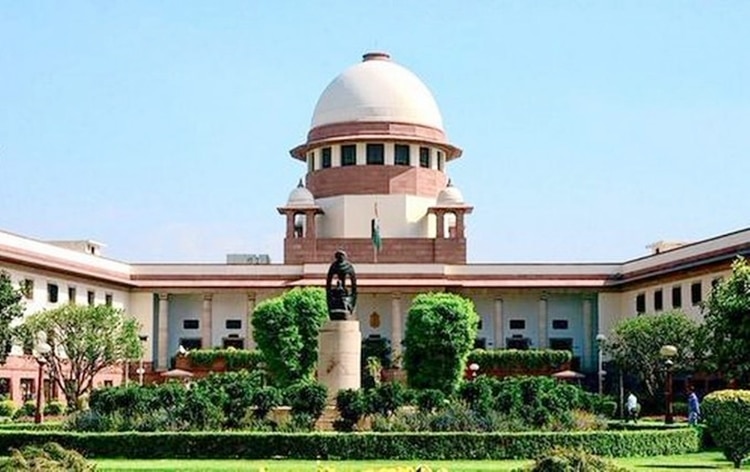The Supreme Court, on Tuesday, ruled that the liability of a murder accused will not be diminished merely because the death of the victim occurred after a considerable lapse of time from when he suffered injuries due to the acts of the accused. [Prasad Pradhan and Another v. State of Chhattisgarh]
An opinion was given by the division bench of Justices Krishna Murari and S Ravindra Bhat, that “there can be no stereotypical assumption or formula to conclude that this is a case of culpable homicide not amounting to murder only because the death occurred after a lapse of sometime after incurring the injuries.”

In this case, presented before the court, three men attacked the victim brutally with axes after they had a disagreement with him. The deceased then passed away 20 days after the incident occurred. The appellants attacked the deceased after he attempted to level a disputed land with a JCB on 28 February 2012. On 22 March, the deceased passed away, considering that a criminal complaint was registered against the appellants by the wife of the deceased.
“Every case has its unique fact situation. However, what is important is the nature of injury, and whether it is sufficient in the ordinary course to lead to death,” the Supreme Court stated.
The Chhattisgarh High Court had priorly confirmed the conviction of the appellants for committing the murder and persuaded two of the accused convicts to appear before the Supreme Court in appeal.

Take of supreme court over the matter
The appellants contended before the Supreme Court that the death of the deceased took place 20 days after the alleged incident and contended that complicated surgery was the reason for his death. The appellants argued that their alleged acts were not the cause of the death.
They argued that the cause of death was neither immediate nor a direct result of the attack. The SC was told that the appellants cannot be convicted of such a murder. Rather, the appellants could, at best, be convicted under section 304 of the Indian Penal Code (IPC), for culpable homicide not amounting to murder.
The Supreme Court, however, rejected this stance, noting several case laws and judgments which emphasized that “such a lapse of time would not per se constitute a determinative factor to diminish the offender’s liability from the offence of murder, to that culpable homicide not amounting to murder.”
“In Om Prakash v. State of Punjab, the death occurred 13 days after the attack; the accused was convicted of murder. Similarly in Patel Hiralal Joitaram v. State of Gujarat, the death occurred a fortnight after the attack, in Sudershan Kumar (supra), the death occurred 12 days after the attack,” The bench recounted.
The Court stated an effective response, stating that “the doctor, who conducted the post-mortem, in this case, “clearly deposed” that the death was caused due to cardio-respiratory failures, as a result of the injuries inflicted upon the deceased.”
“So, the injuries caused by the appellants and the death of the deceased were closely and directly linked,” the Court said.
Moreover, it was also observed that the appellants failed to provide an explanation after questioning the reliability and credibility of the witnesses.
The Court further observed that “there was no scope to plead or contend that the death was unintentional, on account of a ‘sudden quarrel’ as claimed by the appellants. The attack was caused by axes, which indicated their pre-meditated intention to harm the deceased.”
The judgment of this case stated that “The appellants who were in the adjacent property, climbed the wall, entered the deceased’s house, and attacked him with axes. These facts do not constitute a ‘sudden quarrel’ given that the appellants abused the deceased, in an unprovoked manner, and then they went to where he was, armed with axes, and assaulted him.”
Given these observations, the Court upheld the conviction and sentence of the appellants for committing the murder.













